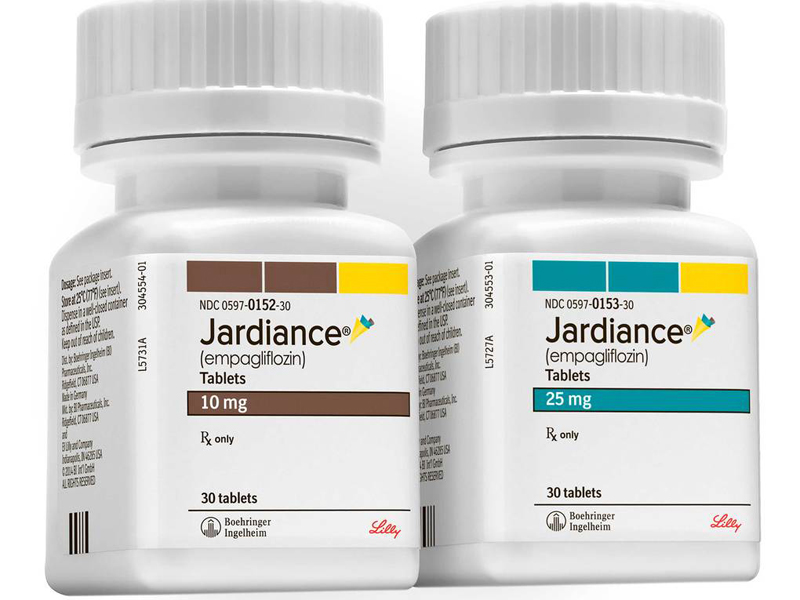A diabetes drug that protects against cardiovascular death is now approved for those with both type 2 diabetes and CVD
A diabetes drug that protects against cardiovascular deaths is now approved for patients with both type 2 diabetes and cardiovascular disease.
The new indication for empagliflozin (Jardiance) was driven by Australian-led research showing the SGLT2 inhibitor reduced cardiovascular deaths by 38% for patients with type 2 diabetes and cardiovascular disease, compared with standard care.
This is equivalent to one life saved for every 39 patients taking the medication, over three years.
Patients taking empagliflozin were also 35% less likely to be hospitalised from heart failure compared with those taking a placebo, despite the majority of patients in the study receiving statins and ACE inhibitors or ARBs.
The study involved 7000 patients randomised to empagliflozin or placebo, in addition to standard care.
“We have treated patients with this medication in the past because we believed it would do them some good with respect to lowering macrovascular disease events, but now we actually have a drug that lowers cardiovascular disease events in its own right,” the study’s lead investigator, Associate Professor Michael d’Emden, director of endocrinology and diabetes at Royal Brisbane and Women’s Hospital, said.
“The hard-nosed implication of this new approval is that a person with type 2 diabetes and some form of established cardiovascular disease should be considered for this therapy,” Professor d’Emden said.
Whether the drug should be given to all patients with type 2 diabetes, given their higher risk of heart disease, was still under investigation though, he said.
Professor Ian Caterson, director of the Boden Institute of Obesity Nutrition Exercise and Eating Disorders, said this new indication had the potential to reduce pill burden and costs for patients.
But the question of whether to switch medications would need to be an individual one, based on factors such as their control of diabetes, risk of cardiovascular disease, number of tablets and cost,
he said.
If a patient had not begun add-on therapy, Professor d’Emden said he would probably favour empagliflozin.
However, if a patient with cardiovascular disease was already taking an SGLT2 inhibitor, he said he would be less likely to change their medication.
“My suspicion is that it is probably going to be a class effect, and if a patient is taking their drug, is tolerating it, is stable and has done well on it, then why upset the apple cart?”
This is the only study to have confirmed an improvement in cardiovascular outcomes, including death, from a single agent used to control diabetes, but research is under way to determine whether other SGLT2 inhibitors have the same benefit.
Empagliflozin is already covered by the PBS, with a current indication for use as an add-on to metformin or sulphonylurea, as triple therapy with metformin and sulphonylurea and as an
add-on to insulin.
Potential side effects of the drug include polyuria and nocturia, as well as an increased risk of UTIs and genital infections, especially in women.
It should not be used in patients with renal impairment of eGFR persistently <45mL/min/1.73 m2.
Professor d’Emden has been on national advisory boards and received support for attending conferences or honoraria for presenting at meetings from Eli Lilly, Boehringer Ingleheim


